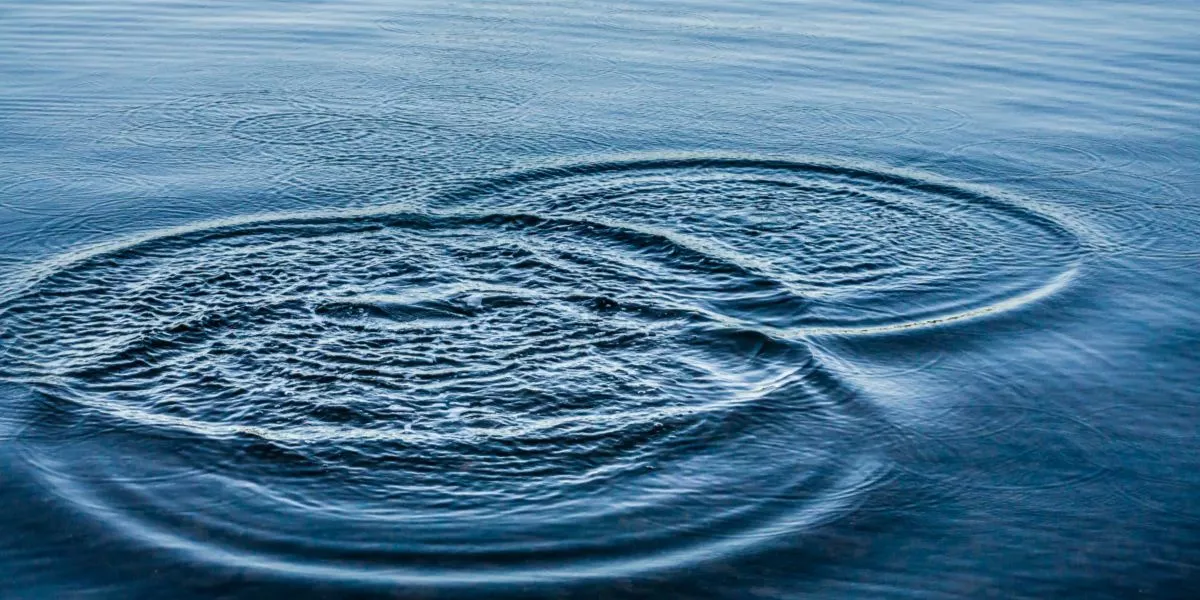
Combat the damaging effects of hard water on your hair by understanding how mineral deposits can leave your locks dry, brittle, and lacking luster. To minimize these effects, use clarifying shampoo weekly, opt for deep conditioning treatments to restore moisture, rinse with apple cider vinegar, invest in a shower filter, and tweak your hair care routine. Discover practical ways to restore your hair's health and vitality with these simple tips and products.
Impact of Hard Water on Hair
Experiencing the effects of hard water on your hair can lead to noticeable changes in its texture and appearance. Hard water contains high levels of minerals like calcium and magnesium, which can build up on your hair over time. These mineral deposits can make your hair feel dry, rough, and brittle. Additionally, hard water can strip away natural oils from your scalp, leaving your hair looking dull and lifeless.
When you wash your hair with hard water, the minerals in the water can also create a film on your strands, making it difficult for moisture to penetrate. This can result in frizzy and unmanageable hair that's prone to breakage. Furthermore, the mineral buildup from hard water can weigh down your hair, making it appear flat and lacking in volume.
To combat the effects of hard water on your hair, consider using a clarifying shampoo regularly to remove mineral buildup. You can also invest in a water softener or shower filter to help minimize the impact of hard water on your hair.
Common Hair Problems Caused by Hard Water
When dealing with hard water, your hair may encounter several common problems that stem from the high mineral content present in the water. One of the most noticeable issues is dry and dull hair. The minerals in hard water can strip away natural oils from your hair, leaving it looking lackluster and feeling rough to the touch. Additionally, hard water can lead to a buildup of mineral deposits on your scalp, which may cause itchiness and flakiness, resembling dandruff.
Another common problem caused by hard water is frizziness and tangling. The minerals in hard water can make your hair more prone to frizz due to the lack of moisture retention. This can also result in tangled and difficult-to-manage hair. Furthermore, hard water can affect the color of your hair by causing it to appear faded or discolored over time.
Understanding these common hair problems caused by hard water is crucial in finding effective ways to combat them and keep your hair healthy and vibrant.
Tips to Protect Hair From Hard Water
To shield your hair from the damaging effects of hard water, consider using a clarifying shampoo once a week. Clarifying shampoos are specifically formulated to remove mineral buildup and residue left behind by hard water, helping to prevent your hair from becoming dull and weighed down. Additionally, using a deep conditioning treatment regularly can help restore moisture and nourishment to your hair, combating the dryness often caused by hard water.
Another tip to protect your hair from hard water is to rinse your hair with apple cider vinegar. The acidity of apple cider vinegar helps to balance the pH of your hair and scalp, removing mineral buildup and leaving your hair shiny and soft. You can simply mix a few tablespoons of apple cider vinegar with water and use it as a final rinse after shampooing.
Lastly, investing in a shower filter can make a significant difference in protecting your hair from hard water. Shower filters work by reducing the mineral content in the water, preventing it from stripping your hair of its natural oils and nutrients. By incorporating these tips into your hair care routine, you can keep your hair healthy and vibrant despite the challenges of hard water.
Best Hair Care Products for Hard Water
Consider incorporating hair care products specifically designed to combat the effects of hard water, such as clarifying shampoos and deep conditioning treatments. Clarifying shampoos work to remove mineral buildup from hard water, restoring your hair's natural shine and softness. Look for shampoos that mention removing residue or buildup on the label. Deep conditioning treatments are essential to replenish moisture and nutrients stripped away by hard water. Opt for products with ingredients like shea butter, coconut oil, or keratin for intense hydration.
Additionally, using a chelating shampoo once a week can help remove stubborn mineral deposits from hard water. These shampoos contain ingredients that bind to the minerals, allowing them to be rinsed away effectively. Leave-in conditioners and hair masks are also beneficial for providing ongoing hydration and protection against hard water damage. When choosing products, avoid those with sulfates or alcohol, as they can further dry out your hair. Investing in quality products tailored to hard water concerns will help maintain your hair's health and appearance.
DIY Remedies for Hard Water Hair Damage
To combat hard water hair damage at home, you can create DIY remedies using simple ingredients found in your kitchen or pantry. One effective remedy is a vinegar rinse. Mix one part apple cider vinegar with two parts water and use it as a final rinse after shampooing. The acidity of the vinegar helps remove mineral buildup from hard water, leaving your hair shinier and softer.
Another popular DIY solution is a baking soda paste. Mix a tablespoon of baking soda with enough water to form a paste, then massage it into your scalp before shampooing. Baking soda helps to clarify the hair and remove residue caused by hard water minerals.
Additionally, coconut oil can be a great natural way to condition and nourish your hair. Warm up some coconut oil and apply it to the lengths and ends of your hair, leaving it on for at least 30 minutes before shampooing as usual. This will help combat the dryness and brittleness often caused by hard water. With these simple DIY remedies, you can minimize the effects of hard water on your hair and keep it looking healthy and vibrant.




